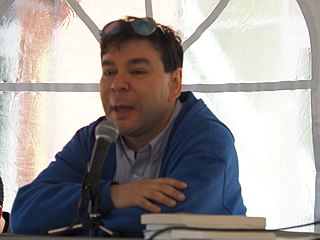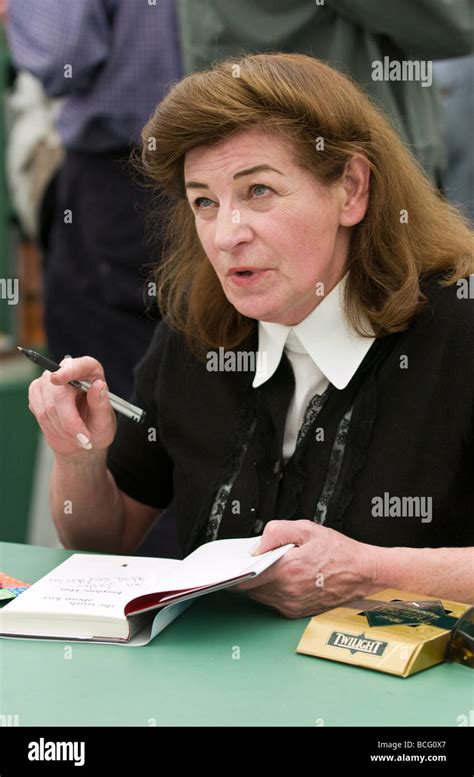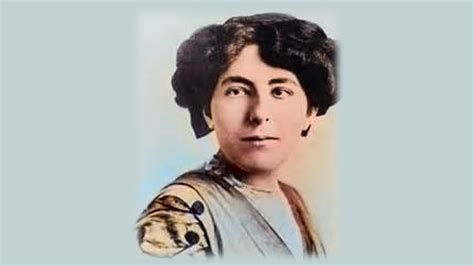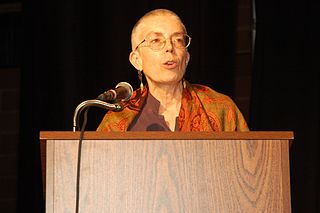A Quote by Jacob M. Appel
Maybe that is the greatest of wonders: that we can be shaped so much by those we've known closely, and equally by those we've never known at all - and that we too can change the world long after we've left it.
Related Quotes
The most beautiful people we have known are those who have known defeat, known suffering, known struggle, known loss, and have found their way out of the depths. These persons have an appreciation, a sensitivity, and an understanding of life that fills them with compassion, gentleness, and a deep loving concern. Beautiful people do not just happen.
He'd once known a man who said that life hinged on the moment, that everything changed in the blink of an eye. Tesseract knew the truth of that as well as anybody. It was in those moments that he struck, after all, snatching people's lives away. He'd always known that it was only a matter of time before one of those moment's worked against him.
Early in life, the world divides crudely into those who have had sex and those who haven't. Later, into those who have known love, and those who haven't. Later still - at least, if we are lucky (or, on the other hand, unlucky) - it divides into those who have endured grief, and those who haven't. These divisions are absolute; they are tropics we cross.
The fact that the regions of nature actually covered by known laws are few and fragmentary is concealed by the natural tendency to crowd our experience into those particular regions and to leave the others to themselves. We seek out those parts that are known and familiar and avoid those that are unknown and unfamiliar. This is simply what is called 'Applied Science.'
I wish I'd known from the beginning that I was born a strong woman. What a difference it would have made! I wish I'd known that I was born a courageous woman; I've spent so much of my life cowering. How many conversations would I not only have started but finished if I had known I possessed a warrior's heart? I wish I'd known that I'd be born to take on the world; I wouldn't have run from it for so long, but run to it with open arms.
I have known sorrow - therefore I
May laugh with you, O friend, more merrily
Than those who never sorrowed upon earth
And know not laughter's worth.
I have known laughter - therefore I
May sorrow with you far more tenderly
Than those who never guess how sad a thing
Seems merriment to one heart's suffering.
we are far too used to the assumption that poetry and poets will be there when we want them, no matter how long they have been ignored, taken for granted, misused. After all, isn't poetry a form of prophecy, and aren't prophets known for their talent for flourishing in inhospitable deserts and other bleak surroundings? Maybe. But maybe not indefinitely.
The trick at every turn was to endure the test of living for as long as possible. The odds of survival were punishingly slim, for the world was naught by a school of calamity and an endless burning furnace of tribulation. But those who survived the world shaped it--even as the world, simultaneously, shaped them.


































